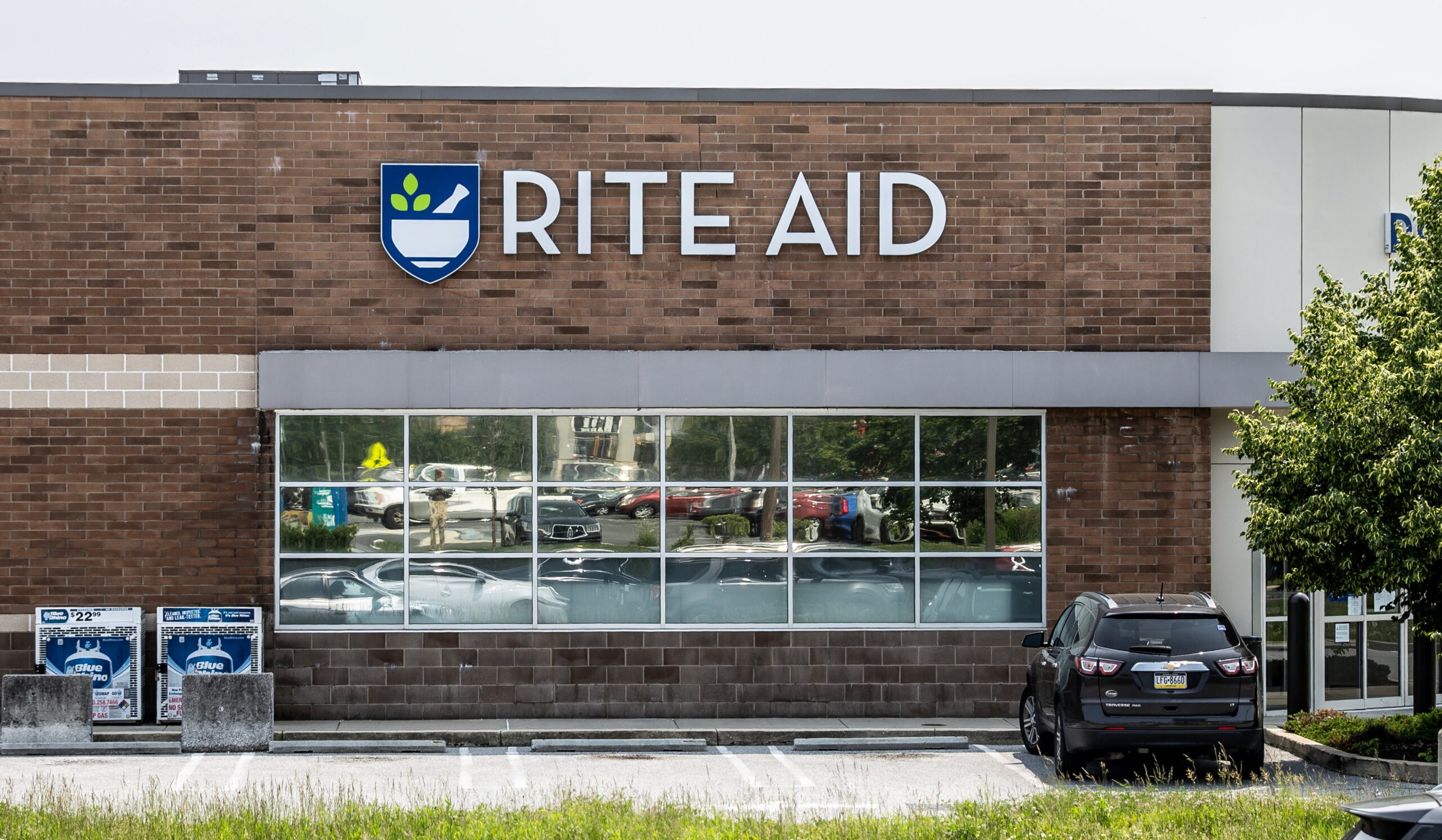Pittsburgh Post-Gazette (TNS) by Anya Sostek
Pa. Derry. When customers enter the Derry Rite Aid on a stormy afternoon in late June, they are aware that their store will soon close, but they still look for signs of life, such as a big delivery truck that unloaded fresh inventory the previous evening or a sign on the door stating that the store will be closed on July 4—a sign that it might actually stay open that long.
In May, Rite Aid announced that it will be selling or liquidating all of its locations and filed for bankruptcy, its second bankruptcy filing in less than two years. Rite Aid is an afterthought in some places, one of several pharmacy or convenience stores. It’s difficult to envision life in Derry without it.
The business located at 222 Y St. has not yet been given a final closing date.
The town only has this as a retail or commercial facility, according to Barbara Phillips, president of the Derry Borough Council. They have no other options when it comes to shopping for groceries, medications, or anything else. It’s this.
Approximately 25% of the 2,600 people who live in the borough of Derry are over 65. 15% are on Medicare, while roughly 17% are on Medicaid.
Residents who no longer drive or own vehicles can benefit from the Rite Aid’s proximity to two low-income housing developments and three senior apartment complexes. The next pharmacy once Rite Aid closes will be in Latrobe, which is roughly seven miles and a fifteen-minute drive away, and public transportation only serves Derry once every two hours. There are rarely enough ride-share drivers in Derry, even if locals had the funds and technological know-how to order an Uber.
Due to the rise of internet pharmacies and declining insurance reimbursement rates negotiated by pharmacy benefit managers, experts have been witnessing the closure of independent pharmacies throughout the county for a number of years. Data from the National Community Pharmacists Association shows that in 2023, independent pharmacies closed at a pace of around one every day. However, it was always assumed that the big, nationwide companies, such as Rite Aid, would manage to balance the books.
According to Lucas Berenbrok, an associate professor at the University of Pittsburgh’s School of Pharmacy, “I think that’s what’s really making people think about this differently, to see that big national chain close all of its stores.” It is truly an emergency of public health.
People become less consistent in taking their drugs when they are unable to visit pharmacies, according to research. According to a 2019 study that was published in Jama Network Open, drugstore closures are linked to statistically and clinically substantial declines in older individuals’ adherence to critical cardiovascular medications in the US. Similar declines in medication consistency for mental and seizure medications following pharmacy closures were reported in a different study that was published in the same journal in 2024.
According to Berenbrok, pharmacy closures may also have an impact on preventative medicine.
People may have to decide whether to travel an additional mile or fifteen miles to have their flu vaccination, he said. Perhaps they do not purchase over-the-counter medications.
Because Rite Aid has its headquarters in Pennsylvania and a large number of stores there, the state as a whole will be more impacted by the bankruptcy than other regions of the nation, according to Berenbrok.
In 2022, Rite Aid relocated its headquarters from Camp Hill to Philadelphia.
Last year, 25-year-old Rachel Kurtenbach relocated from Phoenix to Derry. Blairsville, where her boyfriend grew up, offered them a close-knit, secure community and significantly more affordable home than Arizona.
Kurtenbach’s diagnosis of autism and other mental and physical health issues shortly after she moved to Derry made the Rite Aid a vital component of her life.
Kurtenbach, who is unable to drive due to her health conditions, stated, “I go there to get the two medications that I take every single day.” Having the Rite Aid down the street is quite simple.
Kurtenbach is grateful that her partner can pick up medication for her and her two- and four-year-old children on his way home from work. However, she worries about individuals who don’t have the same network of support, such those who reside in the surrounding low-income and senior apartment buildings.
She replied, “It’s a very sad situation.” It’s a terrifying situation to take away one of the main lifelines for individuals and then have no one to turn to for assistance.
Kurtenbach wrote a proposal detailing the situation, pointing out how busy the Rite Aid is right now and hoping that someone can fill in to assist Derry’s inhabitants in an effort to attract another drugstore to the area. She wrote, “This is more than just a business opportunity.” There is an impending public health emergency.
Council member Nathan Bundy has also been searching for answers.
Bundy is the only one who is aware of the Rite Aid’s function. He’s been able to get there fast over the years in case a youngster has a fever or runs out of diapers. He regularly has to pick up medicines since his wife’s insulin levels are changed due to her recent diagnosis of gestational diabetes.
Bundy has contacted lawmakers at the state and federal levels. He shared a message promoting the pharmacy on Facebook for the residents to read. The current Rite Aid space is too big for a smaller pharmacy to take over, according to one independent pharmacy owner he spoke with. Although they are also having trouble keeping pharmacies open, he has contacted one national chain of pharmacies.
Although they are unsure of where the funding for such an endeavor would come from, Derry officials have discussed the possibility of introducing a shuttle to transport elderly folks and other locals to a pharmacy with Westmoreland County transit.
Phillips, the council president, stated that the crisis is not unique to Derry and will affect the entire county. The situation will be similar for other small towns and municipalities in Westmoreland County. How do you pay for these extra buses, ride-sharing programs, and other services?
They have also come up with ideas for ways to keep inhabitants of Derry where they are and yet get their prescriptions filled, such teaching senior citizens how to order drugs using computers or phones.
Additionally, there are national initiatives underway to modify the methods by which pharmacists can bill for services and govern pharmacy benefit managers. However, they are unsure if assistance will reach Derry in time.
“What’s happening to the pharmacy business is kind of scary,” Bundy added. He stated, “I don’t know what the answer is, but we know somebody’s making money out of the equation or they wouldn’t still be doing it.” The issue is not limited to Derry, Pennsylvania. The issue is not limited to Pennsylvania. It is occurring everywhere.






